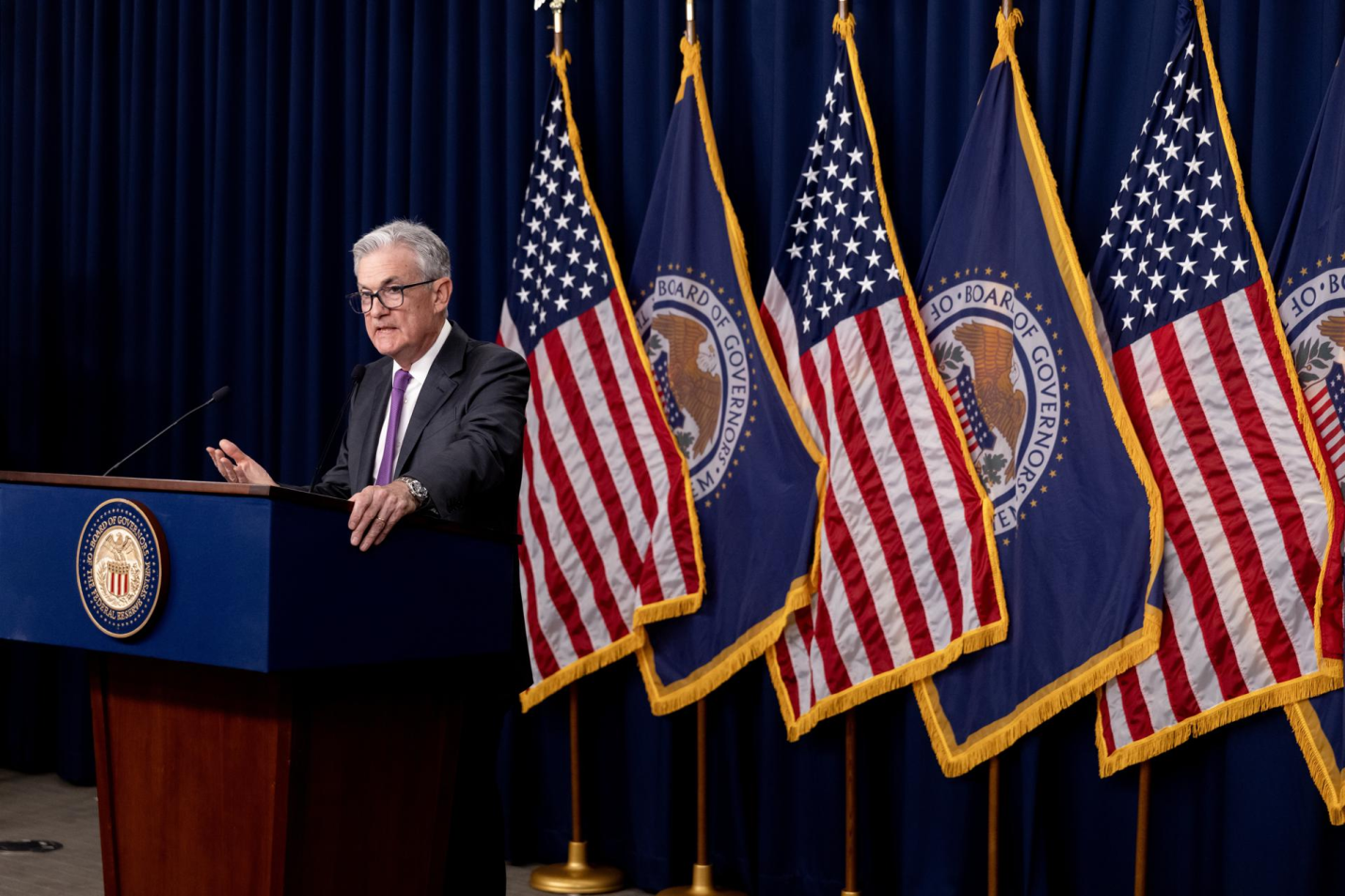Free Courses Sale ends Soon, Get It Now


Free Courses Sale ends Soon, Get It Now



Copyright infringement not intended
Context: The US Federal Reserve has raised its benchmark lending rate by a quarter percentage point, reaching the highest level since 2001. This is the second rate hike this year, following a pause in June, and it reflects the Fed's confidence in the strength of the US economy and its determination to keep inflation under control.
Details
Key implications
Consumer Borrowing
Business Investment
Inflation Control
Savings and Investments
Economic Growth
Market Reactions
Housing Market
Inflation and Prices
Exchange Rates
Consumer Confidence and Sentiment
Government Debt
International Impact
Impact of a Federal Reserve rate hike on India
Capital Flows
Foreign Investment
Stock Market
Inflation and Import Costs
Interest Rates
Current Account Deficit
Economic Growth
Commodity Prices
Government Finances
Market Sentiment
It's important to note that India's economic fundamentals, policy responses, and global factors all play a role in determining the actual impact of a Federal Reserve rate hike on the country. The Indian government and the RBI may implement measures to mitigate adverse effects and support the economy in response to changing global conditions.
Conclusion
Must Read Articles:
US FED RATE HIKE: https://www.iasgyan.in/daily-current-affairs/us-fed-rate-hike-6#:~:text=When%20the%20US%20Fed%20hikes,a%20re%2Dpricing%20of%20risk.
|
PRACTICE QUESTION Q. Consider the following statements in the context of the impact of a Federal Reserve rate hike on India; 1. It may lead to currency depreciation 2. It may reduce foreign investment in Indian stocks and bonds 3. RBI may raise its benchmark interest rates 4. India's current account deficit (CAD) may widen How many of the above statements is/are correct? A) Only 1 B) Only 2 C) Only 3 D) All
Answer: D Explanation: 1. It may lead to currency depreciation: A rate hike by the Federal Reserve can lead to capital outflows from emerging markets, including India, as investors seek higher returns in the US. This can put pressure on the Indian rupee and lead to currency depreciation. 2. It may reduce foreign investment in Indian stocks and bonds: Higher US interest rates can reduce the appetite for riskier assets in emerging markets like India, as investors may find US assets more attractive. This could result in reduced foreign investment in Indian stocks and bonds. 3.RBI may raise its benchmark interest rates: In response to potential currency depreciation and inflationary pressures, the Reserve Bank of India (RBI) may take its monetary policy actions. It could raise its benchmark interest rates to combat inflation and stabilize the currency. 4.India's current account deficit (CAD) may widen: A depreciating rupee can increase the cost of imports for India, potentially leading to a wider current account deficit as the cost of imports rises. A wider CAD could put additional pressure on the rupee and create external vulnerabilities. |
© 2024 iasgyan. All right reserved